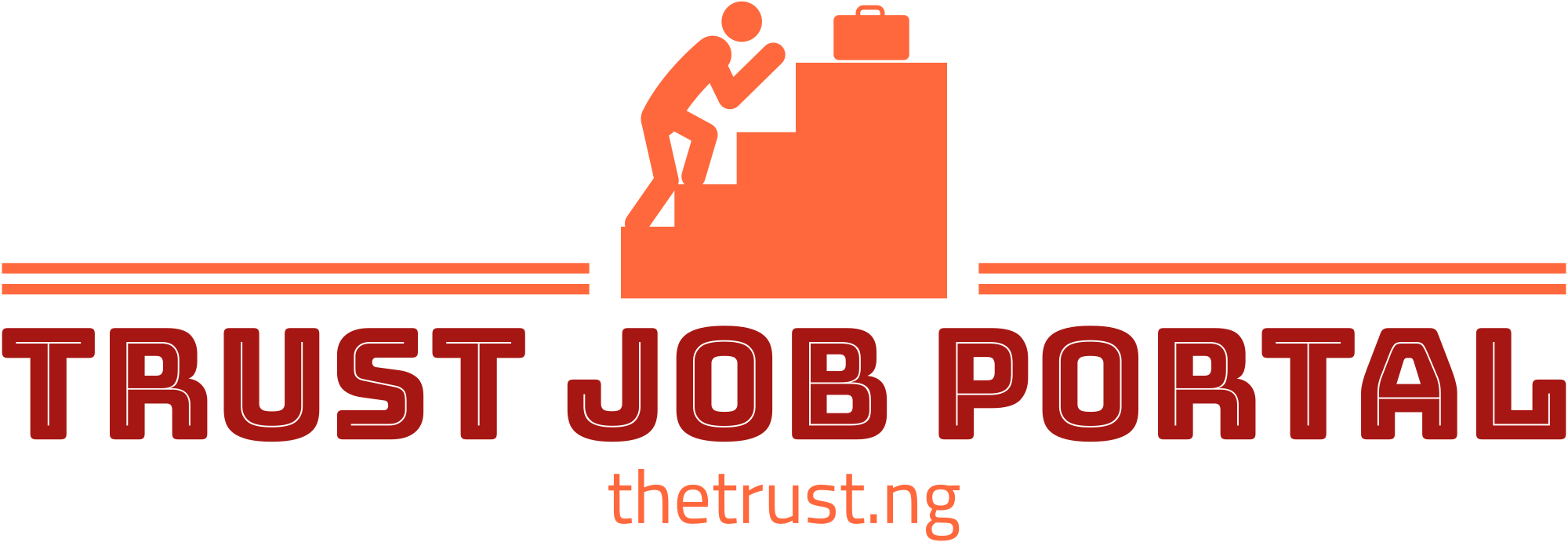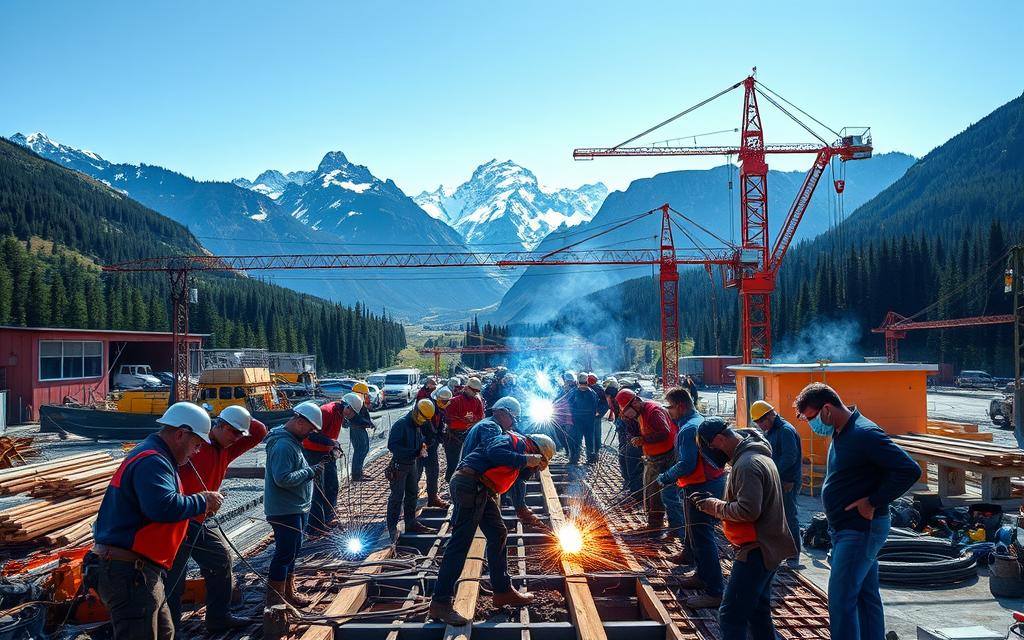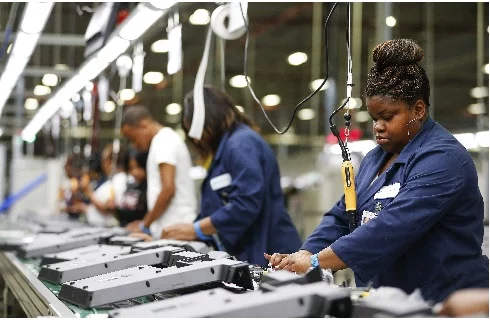Welding jobs in Canada are key to many industries like construction, manufacturing, and oil and gas. Welders help grow the country by improving infrastructure and boosting the economy. Their skills are vital for many projects across Canada.
Welders are crucial in several sectors, ensuring structures are safe and strong. Their work boosts productivity. With more construction and manufacturing, the demand for welders is high. This makes welding careers in Canada appealing to many.
The country’s strong economy depends on these skilled workers. They help build and maintain essential infrastructures.
And the high demand for welders in Canada will present opportunities for skilled foreign workers who want to immigrate under economic programs. Working as a welder in Canada, you will earn excellent salaries, have numerous opportunities to grow, and have great job satisfaction.
Average Welding Salary In Canada
The average salary of a welder in Canada is $45,540 per year. However, just like most other professions, the more skilled a welder becomes, the higher the salary will become. Therefore, the average annual salary for a highly skilled welder in Canada is $58,500.
As an entry-level welder, you will earn an average salary of $39,000 per year. Though it’s a good salary for an individual who is just starting and does not have adequate experience. In addition, the median pay is about $23.35 per hour for welder jobs in Canada. While this might seem small, there are other things you should consider such as location, experience, and lots more.
Types Of Welders In Canada And Their Earnings Per Hour
There are many types of welders and most of them are good-paying. Scroll down to learn more!
1. Structural Welder
Structural welders are in charge of welding metal structures used in construction. Meanwhile, these structures may include buildings, bridges, and other large structures. As a structural welder in Canada, you can earn $29.90 per hour.
2. Production Welder
A production welder is trained to work in a production environment and can work in any industry, such as construction and manufacturing plants. Additionally, their major job role is to weld pieces together using extreme heat and at an efficient rate. Production welders can earn $24.30 every hour.
3. Underwater Welder
They are specialized welders that work underwater and often weld at elevated pressures. These types of welders in Canada can earn an average of $40.30 per hour.
4. Welding Inspector
Welding inspectors are responsible for inspecting welding work. Meanwhile, this is to ensure that it meets the set standards and requirements. They also check out the bonds and connections between metals. Welding Inspectors can earn up to $41.65 per hour.
5. TIG Welder
These types of welders make use of non-consumable tungsten electrodes to form the electric arc. Also, they use arc welders with an inert gas to carry out the GTAW (Gas Tungsten Arc Welding) process. You can earn $25.00 per hour working as a TIG welder in Canada.
6. Oil Rig Welder
Oil rig welders are usually positioned to work in the oil industry. They are in charge of assembling and repairing equipment used in oil drilling from the earth. In addition, they also work on pipelines and refineries. As an oil rig welder, you can earn an average hourly pay of $31.50.
7. Welding Engineer
These professionals help to design, oversee, and manage welding processes, as well as train welders. Welding engineers ensure that all safety regulations and quality standards are met. A welding engineer in Canada can earn an average of $37.30 per hour.
How to Find Welding Jobs with Visa Sponsorship
Looking for welder jobs with visa sponsorship has several good ways. You might want to:
-
- Online Job Portals: Websites for jobs often show sponsored welding jobs. Big sites like Job Bank or Indeed are great resources.
- Networking Events: Going to trade shows and seminars can help you find jobs.
- Direct Applications: Reaching out to companies that hire foreign workers might get you a job, especially if they say they sponsor visas.
- Recruitment Agencies: Agencies for skilled trades might help you find jobs with visa sponsorship.
Skills and Certifications Required for Foreign Welders
Foreign welders looking to succeed in Canada need to learn essential welding skills and get recognized certifications. These skills boost their job chances and ensure they work safely and well. Knowing what qualifications are needed can really help their career.
Essential Welding Skills
Foreign welders should focus on developing these key skills:
- Blueprint reading to understand project plans
- Skills in MIG, TIG, and stick welding
- Knowledge of metal types and welding tools
- Practicing safety to avoid accidents
- Being good at communication and teamwork
Recognized Certifications in Canada
Getting recognized certifications in Canada is key for foreign welders. The Canadian Welding Bureau (CWB) certification is highly valued. It shows a welder’s skill and follows industry standards, helping them advance in their career.
How to Obtain Canadian Certifications
To get the needed certifications, foreign welders should:
- Find out what certifications the Canadian Welding Bureau requires.
- Finish any training or courses needed.
- Pass exams that test both knowledge and skills.
- Keep up with professional development to keep certifications.
Job Search Platforms for Welders
Using job search sites for welders can help you find the best jobs. Sites for skilled trades offer updates on new positions. Here are some good sites to check:
- Indeed
- Workopolis
- SimplyHired
- Job Bank Canada
Eligibility To Immigrate To Canada As A Welder
The first step to moving to Canada as a welder is to determine your eligibility for a suitable Immigration pathway. To immigrate as a welder, check out the following pathways!
1. Express Entry
This is the fastest and most popular way to immigrate to Canada as a welder. It’s often based on points and evaluates applicants according to factors like age, education, language proficiency, work experience, and adaptability. Furthermore, the Express Entry system manages applications for the Federal Skilled Trades Program and the Canadian Experience Class. So, if you want to apply through Express Entry, you will have to create an online profile and submit an Expression of Interest (EOI).
2. Provincial Nominee Programs
Each Canadian province has its own Provincial Nominee Program (PNP) and as such, provinces can nominate welders who meet their specific labor market needs. However, some PNPs have streams that are specifically designed for skilled workers in trades, like the Saskatchewan Immigrant Nominee Program’s Skilled Trades and Saskatchewan Experience streams.
If you want to apply through a PNP, you’ll need to first be nominated by a province. Then apply for permanent residence through the federal government.
3. Atlantic Immigration Pilot Program
This program was created to address labor market shortages for Welders (and other skilled trades) in the Atlantic provinces. These Atlantic provinces include Nova Scotia, New Brunswick, Prince Edward Island, and Newfoundland and Labrador. Furthermore, it’s available to skilled workers in various occupations, including welders.
If you want to apply through the Atlantic Immigration Pilot Program, you must obtain a valid job offer from a designated employer in one of the participating provinces. Also, if you want to qualify for any Canada Immigration program as a Welder, you must meet the following requirements below. Scroll down!
- Education: You must have a minimum of a high school diploma or an equivalent qualification.
- Work Experience: You must have at least two years of full-time work experience as a welder in the last five years.
- Language Proficiency: You must be proficient in either English or French, which are the two official languages of Canada. To prove your proficiency, you will need to take a language proficiency test.
- Age: There is no specific age requirement for immigrating to Canada as a welder. However, if you are a younger applicant, you may have an advantage in the application process.
- Health and Security: You must pass a medical examination and security check to ensure that you are not a form of risk to the health or security of Canadians.





